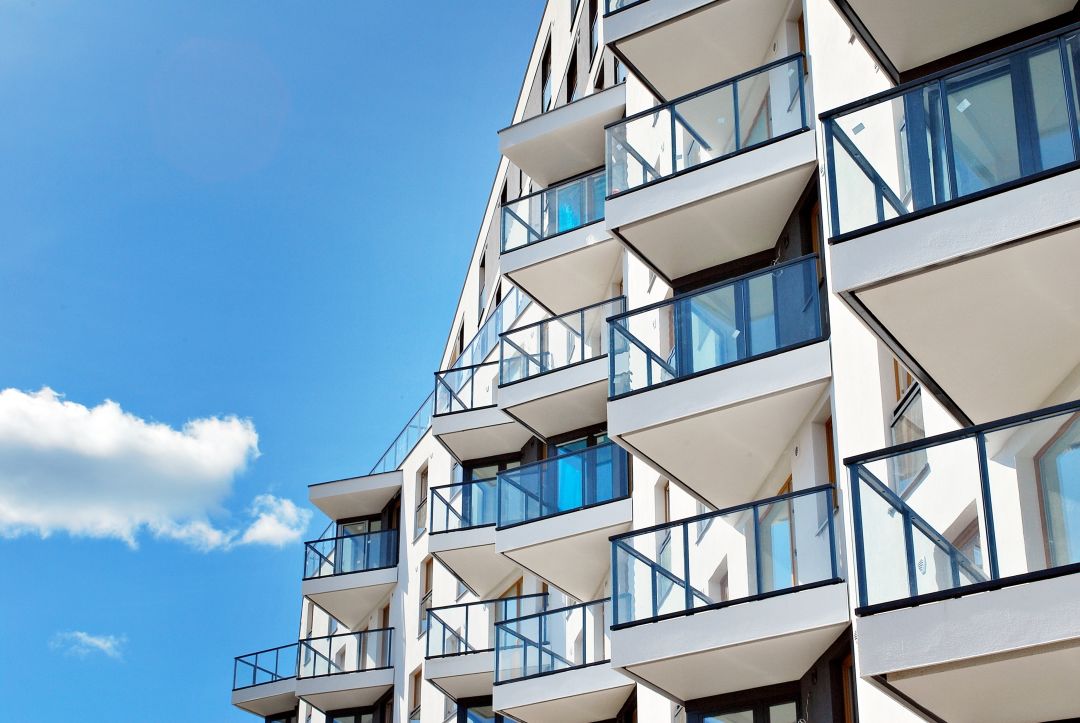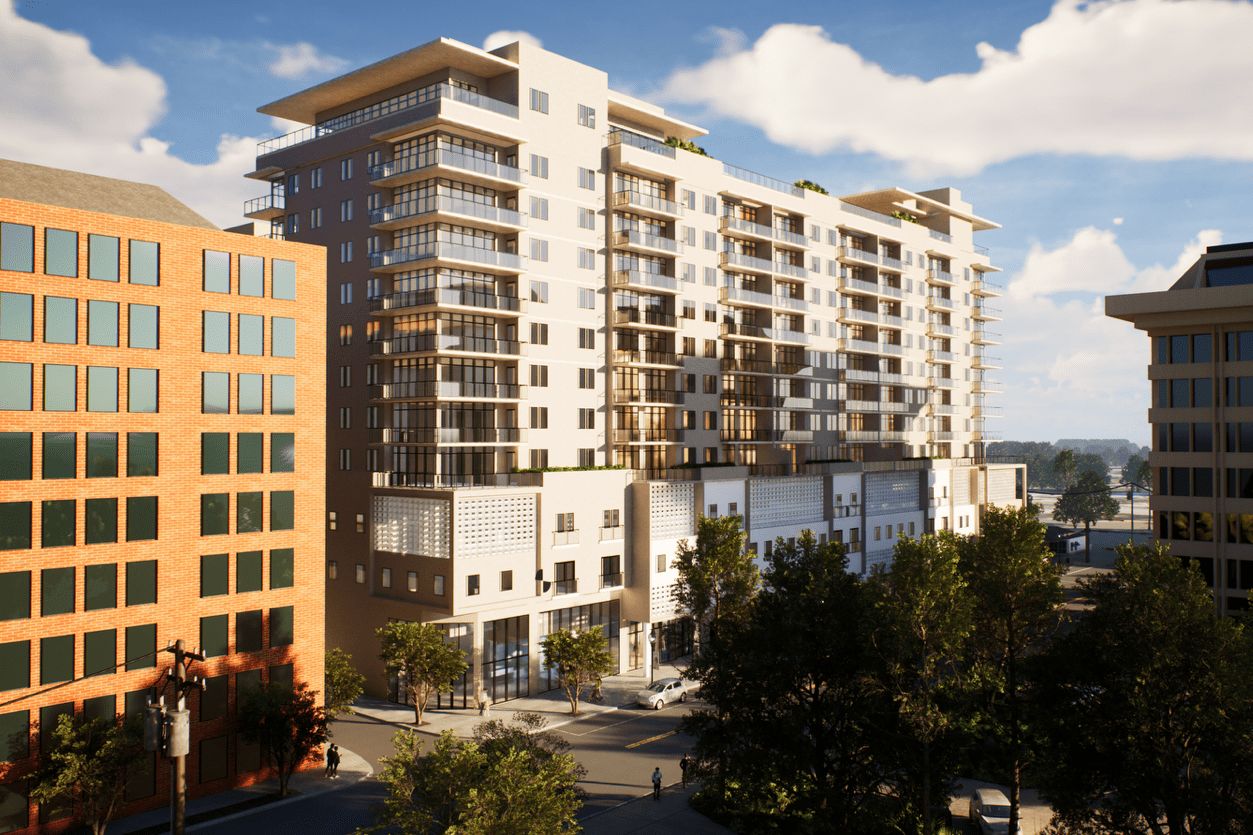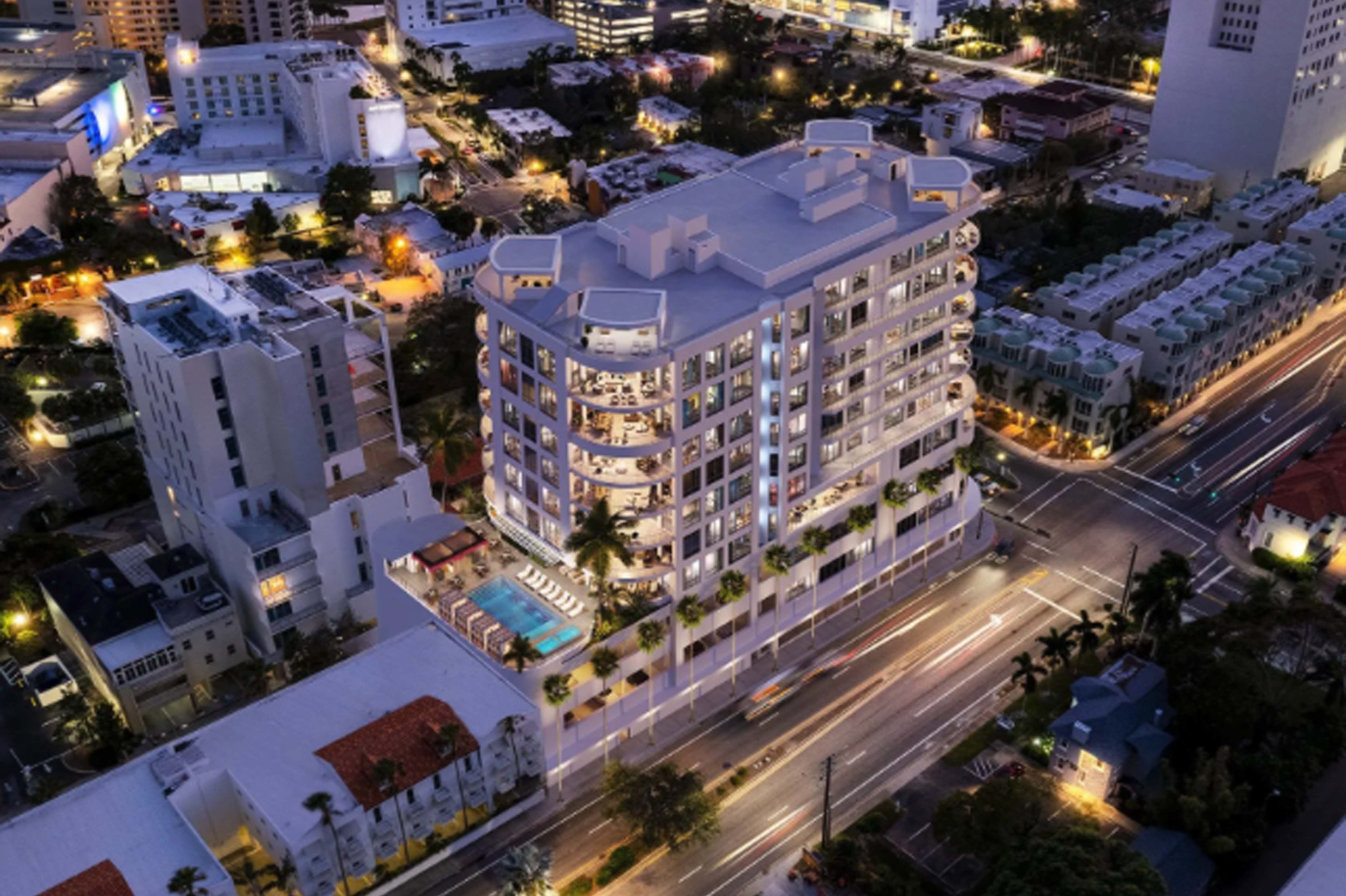Buying a Condo? Here's What You Need to Know.

Condos are popular but can come with unexpected surprises. Asking these questions first can help.
Sarasota condos may as well be hotcakes right now, as they fly off the Multiple Listing Service with buyers purchasing them sight unseen. But before you buy, there’s more to consider than a great view and the space between the walls.
The biggest issue facing condo owners and buyers right now is a possible change to state law in the aftermath of the Champlain Towers South collapse in Surfside, Florida. The Florida Legislature could set up more stringent standards for inspections of a condo's structural integrity. Right now, buyers may feel a false sense of safety following a condo inspection, but “[inspectors] don’t do a serious investigation because they can only access one unit without getting into structural elements like the roof, for instance,” says Tyler Berding, a founding partner at Berding and Weil in California.
Relying on homeowners associations to lead the costly and highly specialized inspection of structural elements, like concrete and rebar, isn’t realistic, especially when things seem fine.
“Most people won't perform an intrusive inspection of the rebar if there haven't been any issues,” says business and real estate litigation lawyer Morgan Bentley, managing partner of Bentley, Goodrich and Kison in Sarasota. “Most people won’t devote resources to the 1 percent chance that a building will fall down.”
In fact, only two counties in the state–Broward and Miami-Dade–require the recertification of buildings, and that process only kicks off once a building has reached its 40th year.
In response to the Surfside condo collapse, the Florida Bar produced a report for the Florida Legislature this week, recommending changes to state law that include structural inspection requirements for condo buildings three stories or taller.
The report also recommends limiting the ability of condo owners to waive reserve fund requirements. Additionally, it suggests making it easier for condo boards to apply special assessments on condo owners and borrow money to finance repairs.
In the meantime, on the ground, there are many details an HOA can provide when a prospective buyer asks the right questions.
“If 'yes' is the answer to any of these, consider it a red flag,” says Bentley.
Here's what to ask and know.
Is the HOA deferring any repairs or projects? If so, why, and what’s the time frame? How much is in the HOA reserve fund?
The reserve fund is money set aside for repairs and replacements, and should be calculated based on each asset's estimated repair cost divided by its predicted life span.
“Well-run HOAs should have reserves set aside in a schedule for every component of the building: the AC, the windows and the roofs, for example. That way you know the building has been maintained on a schedule,” says Bentley.
Have there been any lawsuits against the developer who led the buildout? If yes, what were the outcomes?
Self-explanatory, but do your research before you buy.
What construction projects or upgrades are residents facing in the next two years? Is a special assessment in the works? If so, should the buyer wait until after it's done before closing or negotiate it in the condo price?
Special assessments usually occur when there's an unexpected problem and insufficient reserves to cover the cost of repairs. When that’s the case, special assessments are passed by a vote following the rules set out in the community’s documents and state law.
How are lanai issues dealt with?
Lanais are common pain points in condos, especially in a beach town like ours, since salt, wind and rain lead to a different rate of deterioration.
What about water intrusion?
"Water is by far the No. 1 problem that affects condos when you’re in a place that's surrounded by it," he says.
A few other points to consider:
Remember: Communal living is different.
If you've never lived in a group setting, living in a condo will not be what you're used to. "You're sharing elevators, parking lots, pools—it's a group environment," Bentley says. Condo boards and HOAs are made up of your peers. They're not engineers or builders, and are often not experts when it comes to high-rise condo safety.
Strive to make peace with your neighbors.
"I've had people enter litigation to get rid of a 27-pound dog because the maximum dog size allowed was 25 pounds," Bentley says.
Remember that the likelihood your condo tower will crumble is astronomically low.
“All over the planet, there are multi-level buildings that house people and stand up for decades,” Bentley says. “But what I do see are litigation cases going into the millions over arguments about repairs. Asking questions first is a good idea.”



